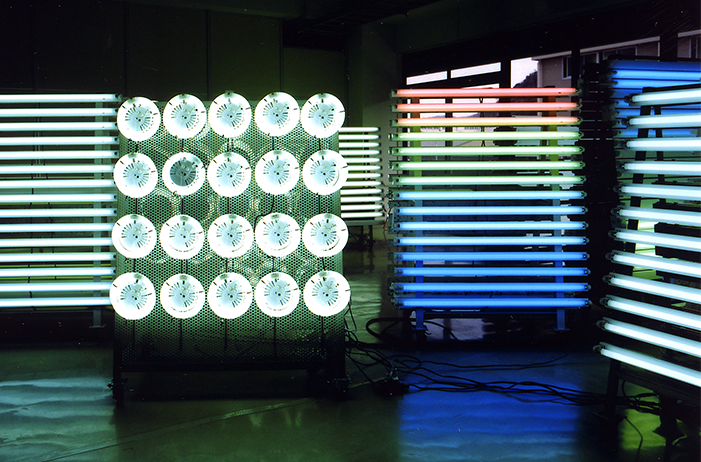 Nichia's contribution to a realization of a mercury-free society
Nichia's contribution to a realization of a mercury-free society
24 February 2023
The world is heading towards a "mercury-free" society
As of today, 24 February 2023, most types of fluorescent lamps will be banned from manufacturing and sales in Europe. Despite containing mercury, these lamps have been allowed to be manufactured and sold as exemptions from the RoHS Directive. However, these exemptions end today and will no longer be extended. Lamps not covered this time will be subject to regulation in a phased manner, and general fluorescent lamps, except for some special applications, will disappear from the market in the near future.
Under the Minamata Convention, which along with the RoHS Directive, is the leading initiative for the elimination of mercury, the manufacture and sale of common fluorescent lamps are already banned in most countries, including Japan. It is no exaggeration to say that with this major evolution in the RoHS Directive, fluorescent lamps, which have been the primary source of lighting for nearly a century, will end their legacy role. This is a historic movement in terms of the global trend of "mercury-free."
Since its foundation in 1956, Nichia has, through almost all of its history, been deeply involved in fluorescent lamp industry. Specifically, phosphor manufacturing for fluorescent lamps was Nichia's core business for ~50 years, until LEDs became mainstream and Nichia's new core in the 21st century. Over the past 20 years, the use of fluorescent lamps has been disappearing in favor of LED light sources. Nichia has witnessed this dynamic technological shift firsthand after developing and introducing the first high luminous blue LED and the first white LED. With Nichia's innovation, a trend toward LED light sources was established, one with outstanding improvements in characteristics and efficiency, thereby essentially destroying Nichia's prior mainstream business, phosphors for fluorescent lamps.
Nichia was, however, willing to take a risk in the midst of the changing times in order to accomplish this business transformation. At the same time, as a chemical manufacturer, Nichia had a strong desire for preservation of the "environment" and a "mercury-free" society. Although Nichia is nostalgically disappointed to see fluorescent lamps finally disappear from the market, Nichia is also very encouraged to have achieved a major milestone in the longtime pursuit of a "mercury-free" society.

Nichia internal reliability test of fluorescent lamps
Even though fluorescent lamps are disappearing, there remains many lighting fixtures and light sources that contain mercury, such as so-called germicidal lamps used to sterilize water and air, as well as high-pressure sodium lamps that illuminate old streets and green houses for horticulture. Nichia believes that it is its mission to accelerate the movement towards a mercury-free society by developing and providing alternative mercury-free technologies. This includes focusing on not only visible LEDs that have been cultivated over the years, but also UV LEDs and laser diodes technologies.
From March 2023 onward, Nichia will sequentially introduce various products that could become alternative technologies contributing to a realization of a mercury-free society. Both the European RoHS Directive and the Minamata Convention are well known initiatives for the elimination of mercury. Nichia will focus on LED and Laser Diode technologies that can serve as a direct substitutes for RoHS Directive exempt items, especially since the RoHS Directive is positioned as an "in-depth regulation" a bit stricter than the Minamata Convention with respect to mercury-containing lamps.
